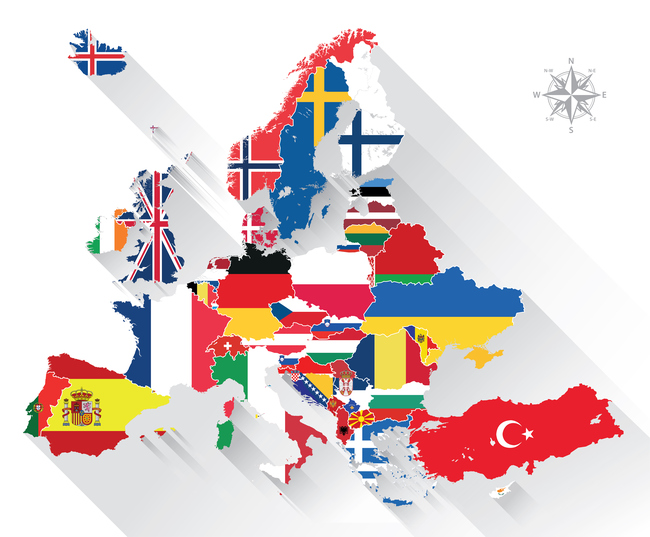
When Greece defaulted on 100 billion euro of debt in 2012, some thought it could not get worse. Oh yes it can. Much worse.
By the time Greece was on the brink of leaving the eurozone in 2015, much of the rest of the world had lost interest. Global banks, by hook or by crook, were able to minimise their exposure.
Italy is a problem on a completely different, ugly, scale.
For example, foreigners hold about 740 billion euro of Italian government bonds, which is 1.5 times the combined equivalent of Greece, Ireland, Portugal and Spain.
Until very recently Italy enjoyed a veneer of stability within the eurozone. The reality on the ground was very different, and the Italian electorate have now said “enough”, and there is now an anti-EU coalition. [They might only be anti-euro, time will tell]
The drama so far is barely a curtain raiser. The League and Five Star coalition finance minister nominee was Paulo Savona, a well known europhobe who once described the euro as a “German cage”.
The Italian president, who is mostly meant to be a rubber stamp, said “no way”, with strings being pulled from Brussels and Berlin. Big mistake.
Support for The League started to go through the roof. The EU and Italy are, at least nominally, democratic and such a blatant interference in the democratic process only helped The League.
After furious back-tracking, Savona will now be Italy’s Europe minister - the Italians have not lost their sense of humour!
There are very serious and entrenched problems beyond this early skirmish. As an alternative to leaving the euro, the coalition is discussing the introduction of what is effectively a parallel currency to the euro called a BOT (Buoni Ordinari del Tesoro).
We don’t need to get bogged down in the technical detail today - this one will run for a while. But this is very worrying for Brussels and markets, as a source of uncertainty and instablity in the short term, and a stepping stone to leaving the eurozone in the longer term.
Exitalia (leaving the eurozone) would take years. Brussels is a past master at cobbling together solutions, at least in the short term, with a mix of smoke and mirrors, acronyms and sound bites.
But so long as the fundamental Italian problems are not addressed, the risk is that Italian voters will become more entrenched in their views.
There are a variety of economic problems, in addition to Italy’s very old demographic profile.
Other than the country’s inability to qualify for the World Cup the big problem is that the economy simply can’t grow; it has stagnated for two decades while the rest of the world economy has evolved and grown.
For example, although Italy has a large manufacturing base it is focussed on low-value added goods. This has made it very vulnerable to competition from China.
It’s as if the global IT revolution has passed it by. 80% of Italian employment is provided by small and medium sized companies, which is in itself inefficient. In addition only 6% of such companies sell their products online - extraordinary.
There are no quick fixes, and it is not yet clear that the coalition has the appetite for deep-seated and fundamental reforms. So this one could be back before the disgruntled Italian voters relatively quickly.
In the meantime, be wary of investing in Europe, though their smaller company funds look interesting for the brave.
FURTHER READING